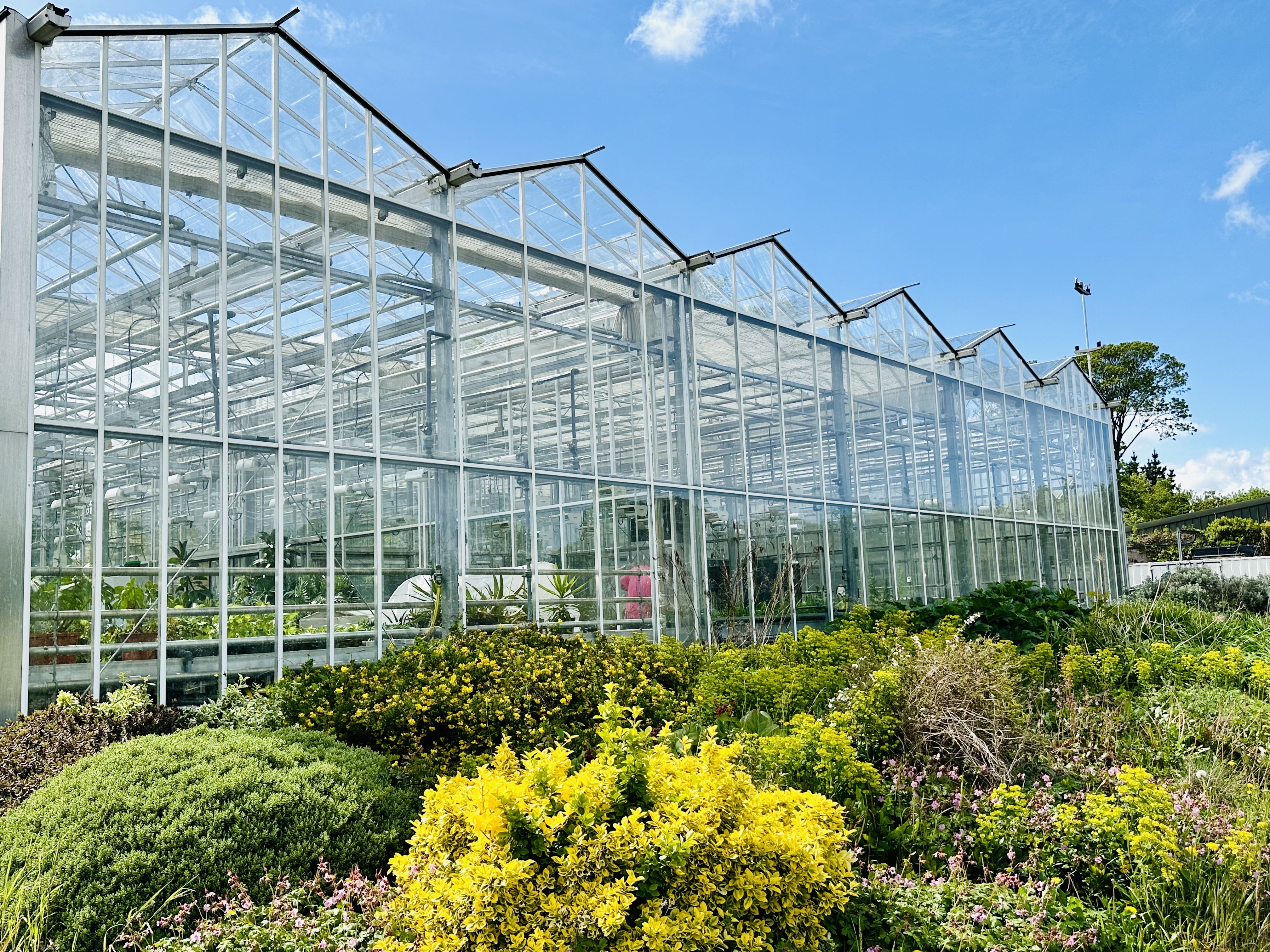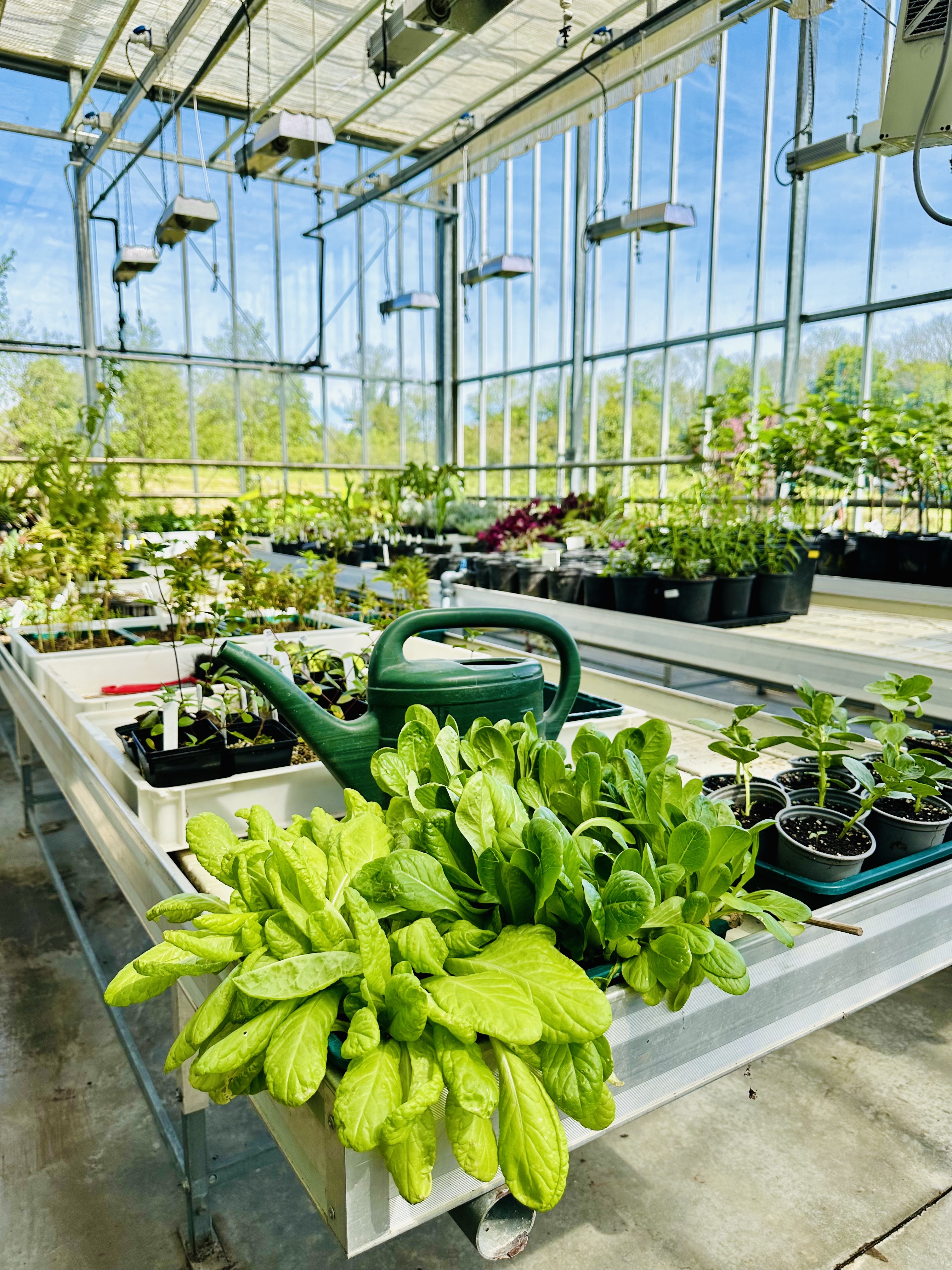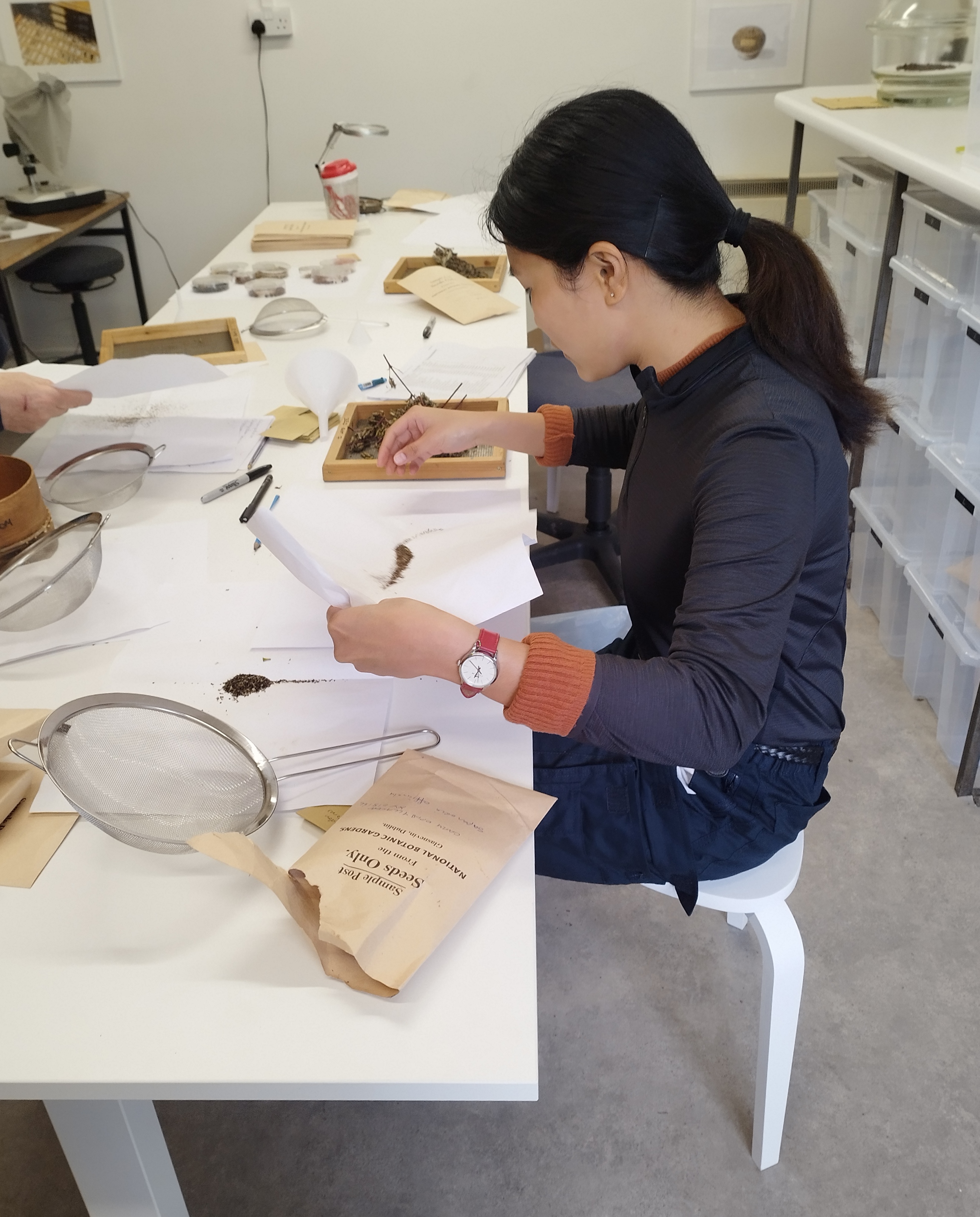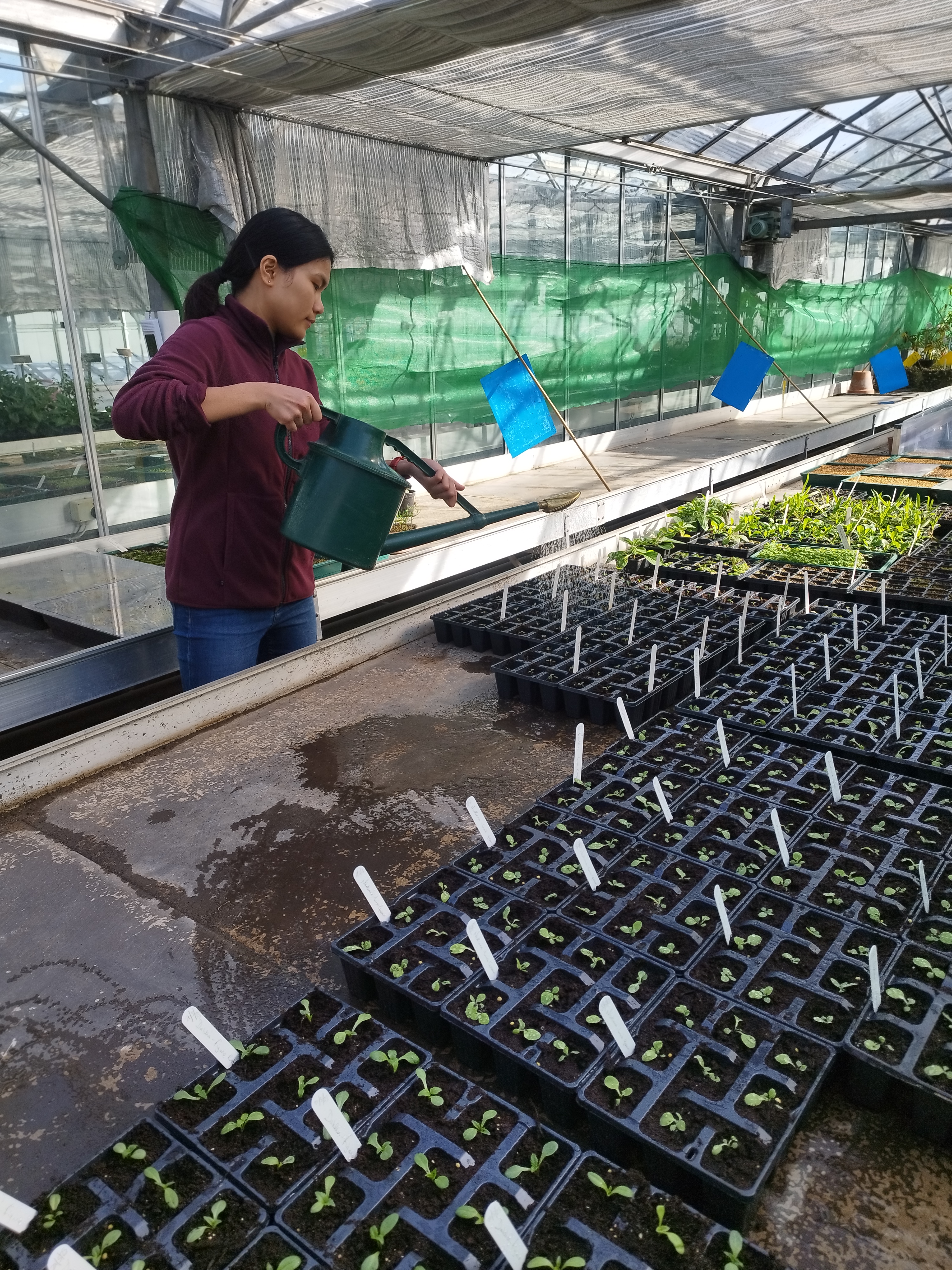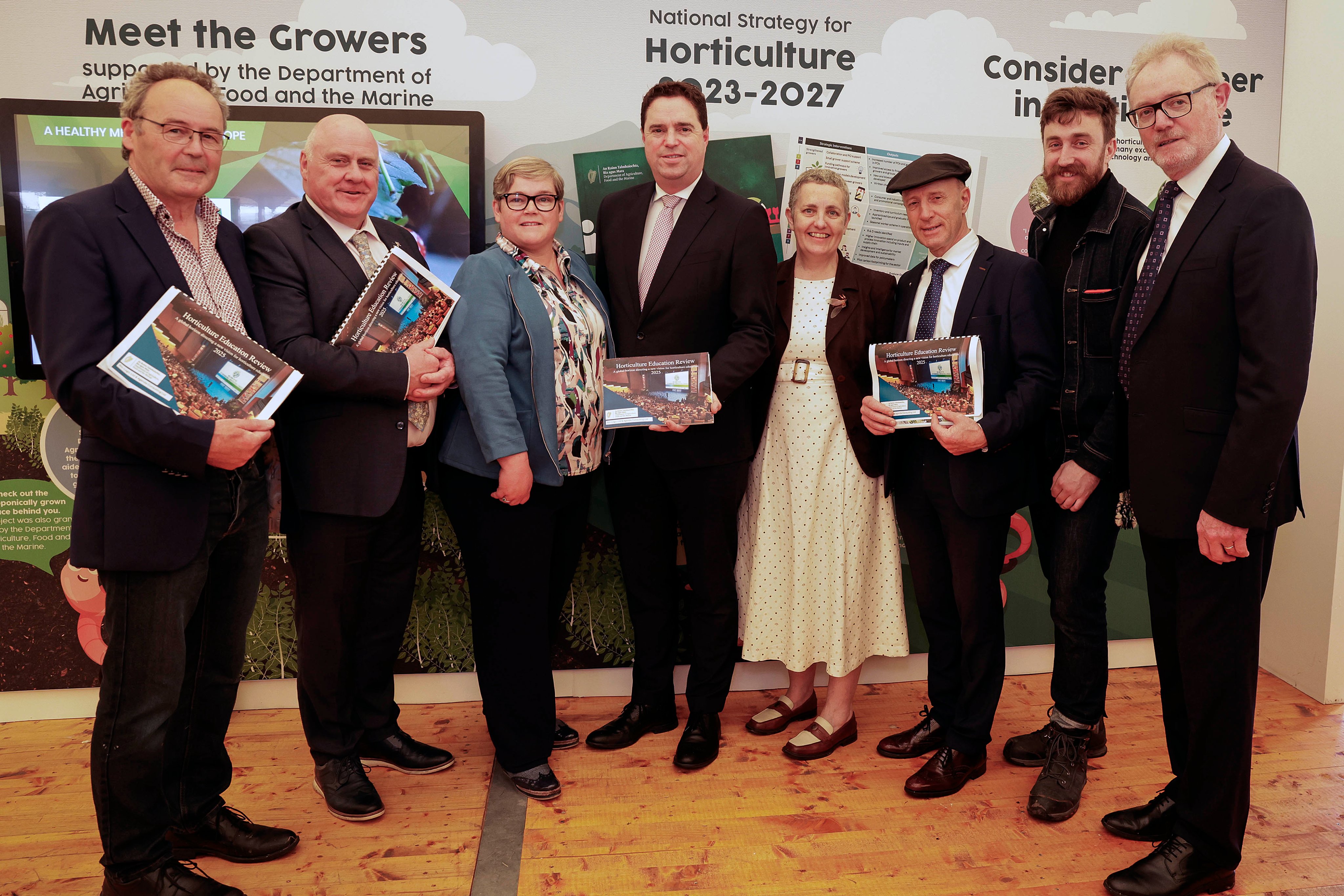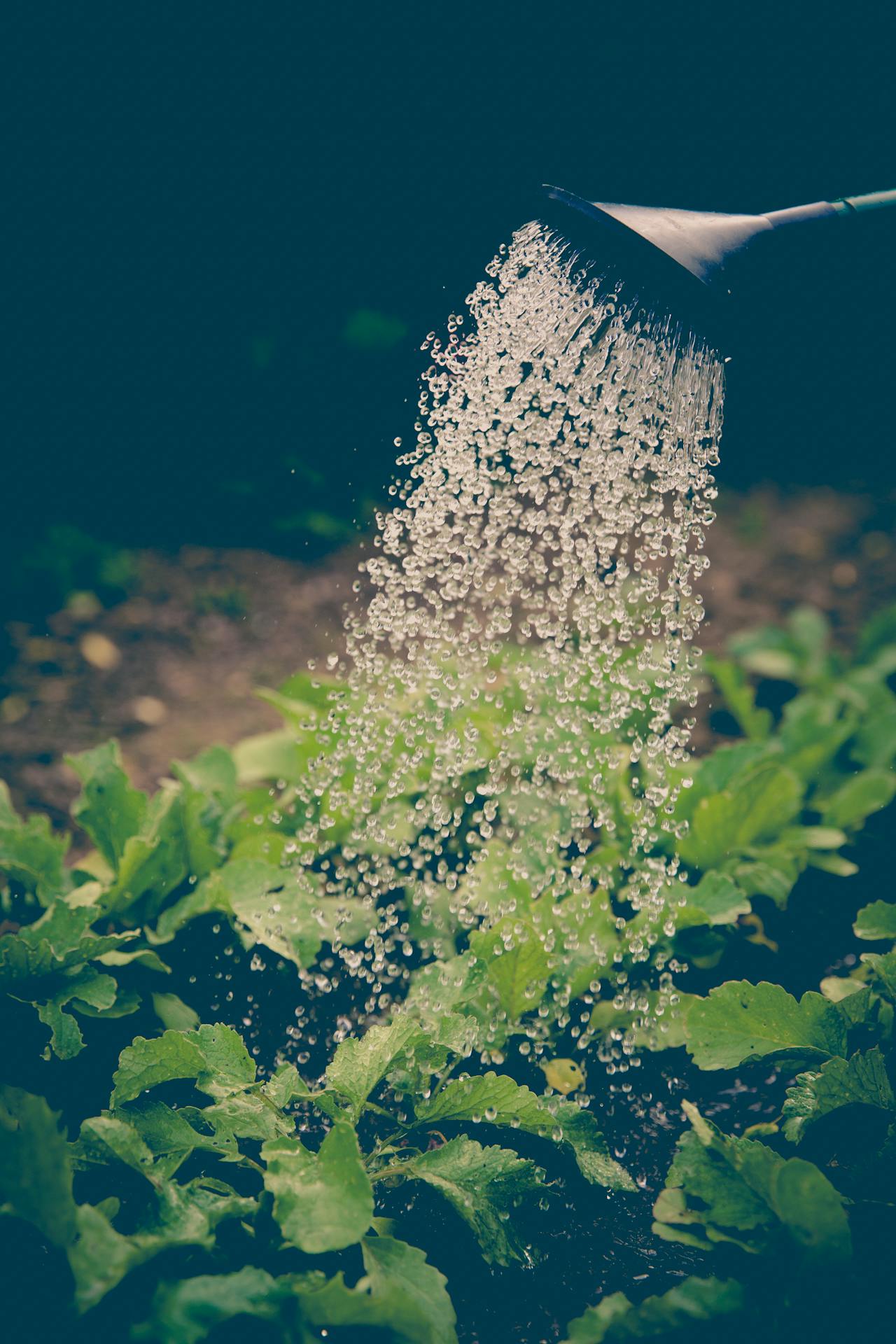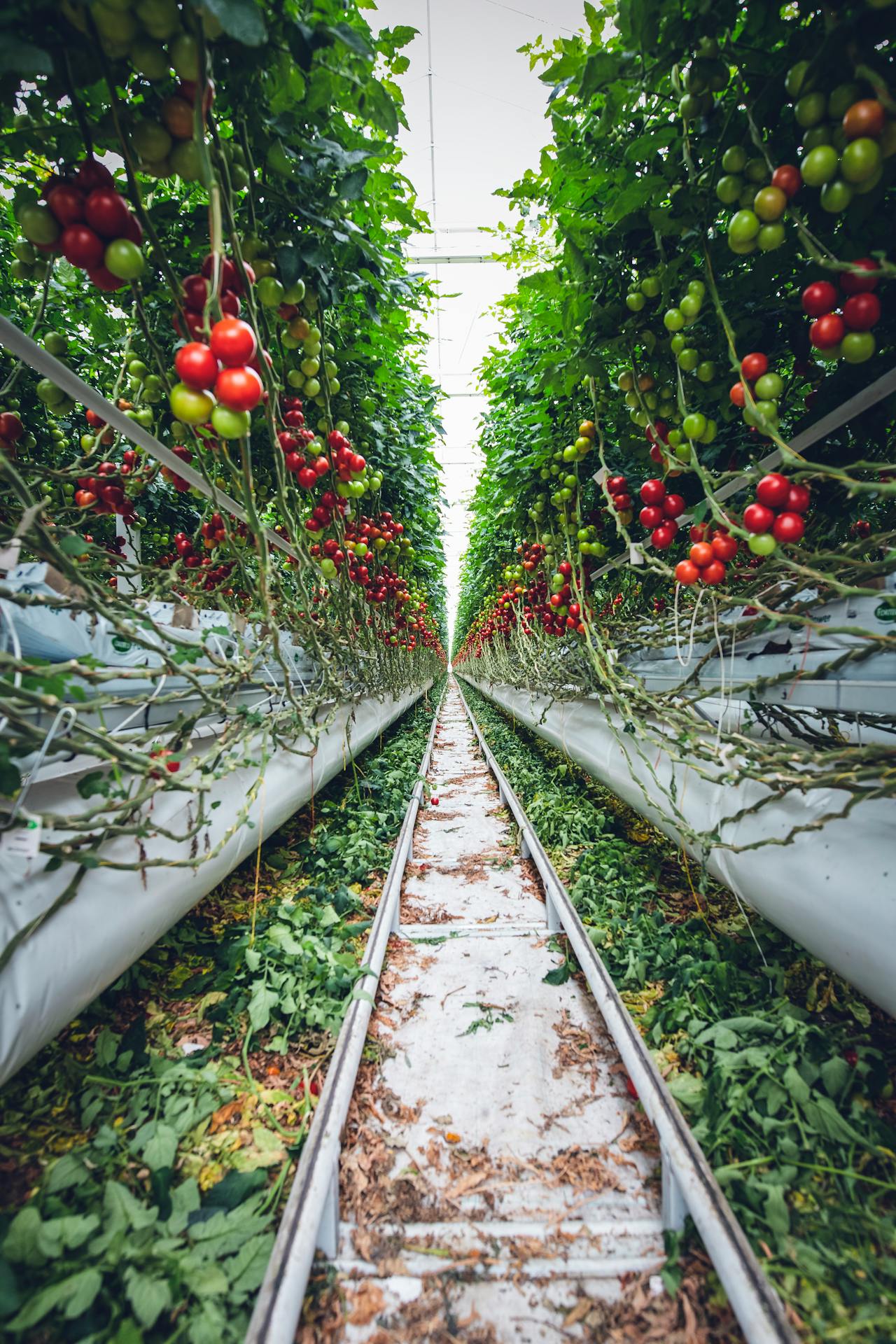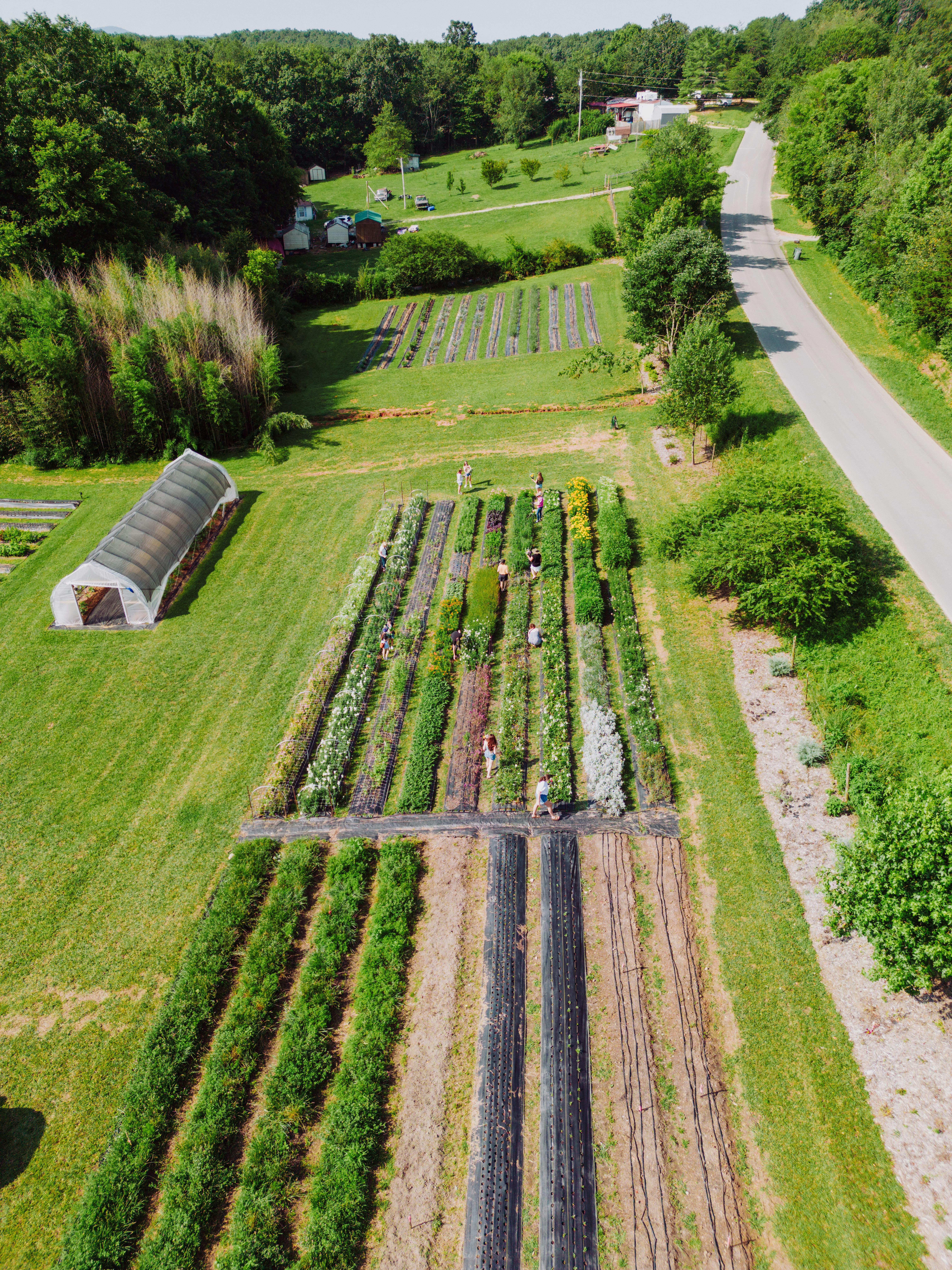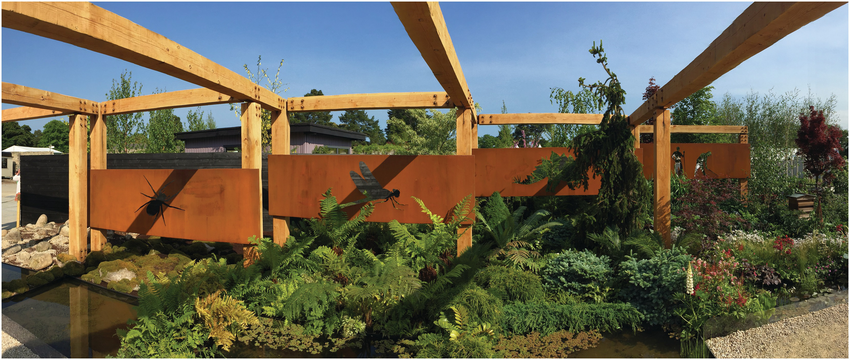
Aisling Reilly
Assistant Professor & Programme Director
Dr Aisling Reilly leads the Horticulture programme and is passionate about helping students see the direct connection between science and practice. Her research focuses on sustainable crop production, plant diseases, and the ways plants interact with microbes. This means her teaching is always informed by the latest discoveries in plant health and resilience.
As a teacher, Aisling combines lectures, lab work and field visits to create an engaging and varied learning experience. She uses real examples from her research to show how issues like plant disease management and sustainable food systems affect our everyday lives. Students value her approachable style and the emphasis she places on problem-solving and teamwork. By graduation, her goal is that every student feels confident in their ability to apply science to real-world horticultural challenges.
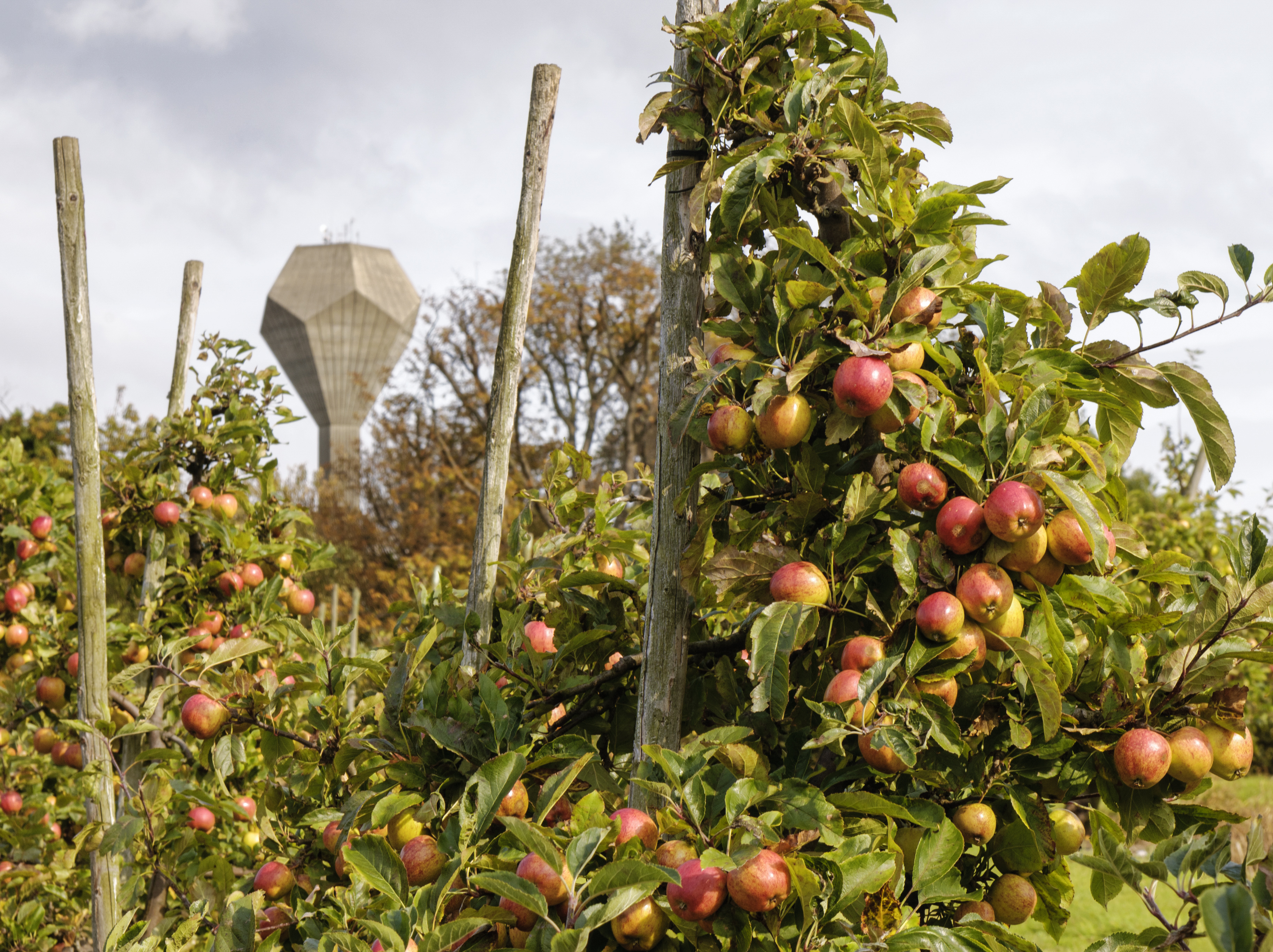


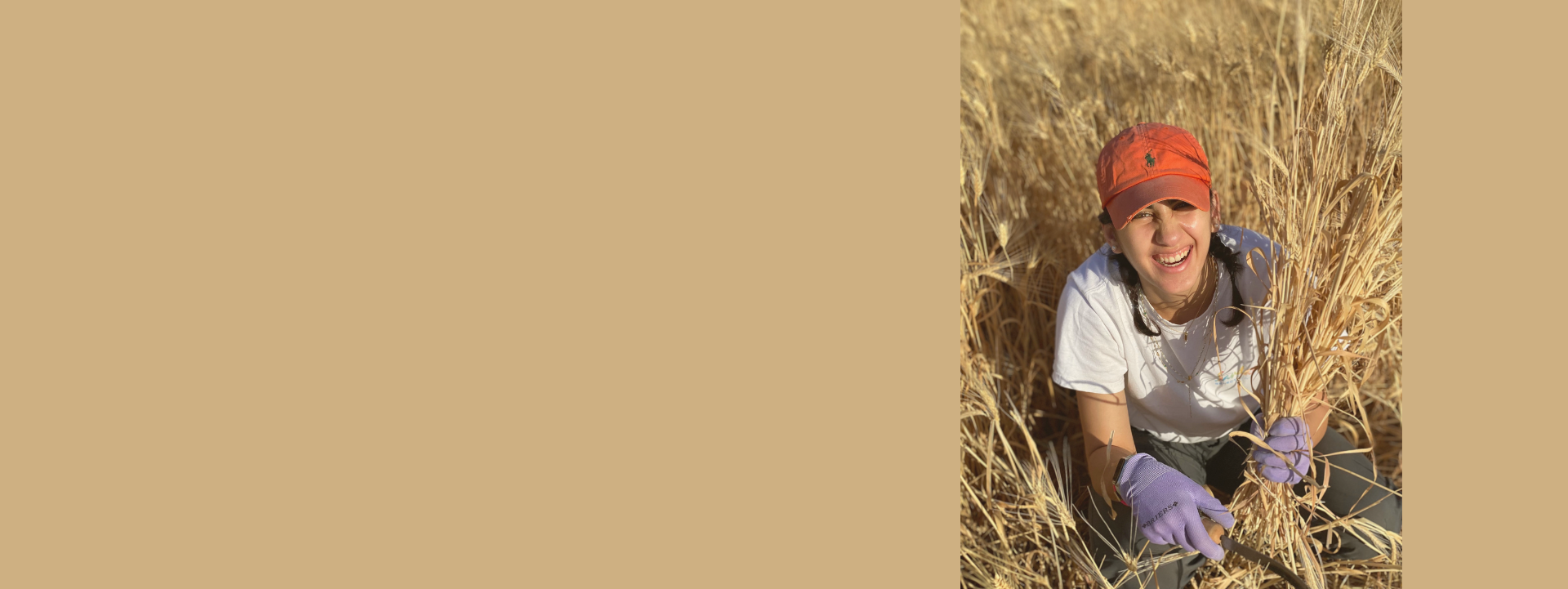
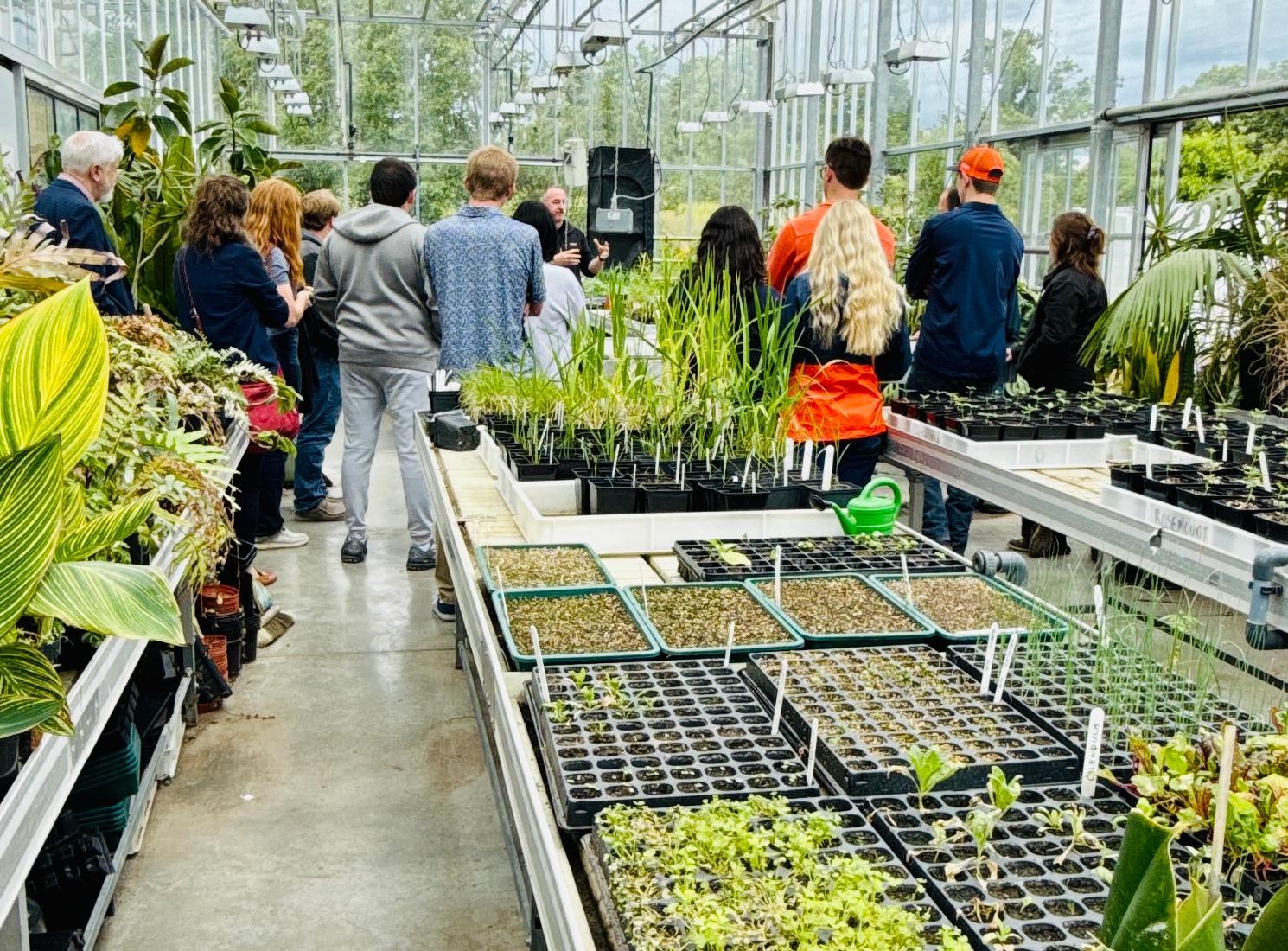
-3790x2173.jpg)
